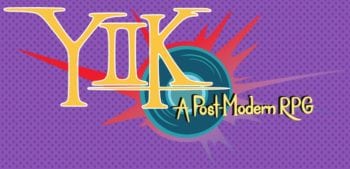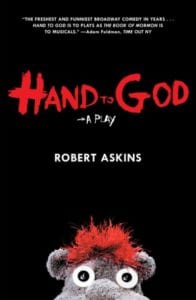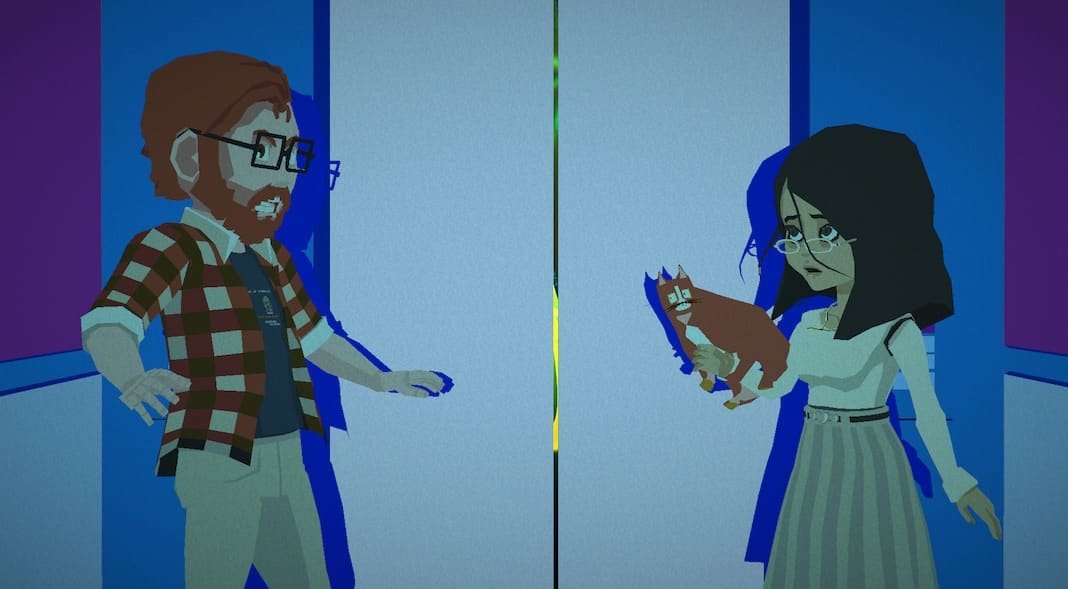The Problem with Homage
When homage looks like plagiarism, or plagiarism is claimed as homage...

In January, Ackk Studios released the game YIIK: A Postmodern RPG. The game features eight friends who work together to solve the supernatural disappearance of a woman.
Since its release, the game has not fared very well. The PS4 version of the game has a 59 reviewer score on Metacritic with a 4.8 user score. However, to make matters worse, the developers have often lashed out at their players, accusing them of simply not being able to understand the game, including saying that some are “triggered” by having to play as an unlikable character.
This hostility between player and developer took a new turn yesterday when a post by u/malphasia on the r/TwhoBestFfriendsPlay subreddit accused the game of plagiarizing from the 2004 Haruki Murakami novel After Dark.
At least one other example of copied dialog were also tracked down, this one highlighted by Twitter user @Viperware.
Many gamers lashed out at Ackk Studios, claiming that the game was a plagiarism or, as per the tweet above, lazily written.
However, Ackk Studios quickly responded to the allegations and admitted to the copying saying that it was homage of the sources that inspired the game, not plagiarism. Their argument was bolstered by the fact that the developers had actually acknowledged After Dark as an inspiration for the game.
Obviously, we can’t know the developers’ intentions when creating this game and using these lines. However, when people are accused of plagiarism one of the first things many try to claim as a defense is homage, often because it’s difficult or impossible to prove otherwise.
However, homage is a pretty terrible defense against plagiarism. The reason is simple: If your homage is accused of plagiarism, you likely committed plagiarism. No matter how pure your intentions, homage is risky and, when it misses, it often lands in the sand trap of plagiarism.
Why Homage is Risky

Homage, at its most fundamental level, is a wink and a nod with the audience. Basically, you’re making a reference and hoping that either A) They get the reference and recognize it as an homage or B) They miss it completely and no one ever notices it.
Anything between those two winds up landing in the sand trap of plagiarism.
There’s a reason why most accepted homage is pretty obvious both in terms of source material and content. For example, the play Hand to God did a one-minute variation of the iconic Abbott and Costello comedy sketch Who’s on First.
The source material is one of the best-known comedy routines of all time and the bit in the film was more than obvious enough for the audience to know what they were doing. No one accused the play of plagiarism. They were, however, unsuccessfully accused of copyright infringement by Abbott and Costello’s heirs.
However, that’s another one of the dangers. Making an homage (or even a parody in some cases) obvious enough may mean opening yourself up copyright claims.
Still, looking at the case of YIIK, it’s easy to see what happened. Even if After Dark is a book every player of YIIK is familiar with, they are unlikely to remember those specific lines from it. Even those in the best position to catch the reference are unlikely to do so.
This makes what they did less of a wink and a nod to the audience and more an attempt to hit a reference over their head. It may be an attempt at homage but given that the bulk of the audience was unlikely to catch it, it doesn’t come across that way.
And that, in turn, is the problem with homage: It requires the audience to participate in it. Homage when the audience isn’t winking back isn’t homage, it’s at best references that the audience doesn’t get and, at worst, it’s outright plagiarism.
The Court of Public Opinion

Though I’ve never played YIIK nor read After Dark, it’s pretty clear from reviews and online posts that the game has not been well received and that the developers have not responded very well to that criticism.
This has created a great deal of hostility between gamers and the studio and, when news about alleged plagiarism comes to light, it’s something that gamers were ready to believe.
The amount of content at issue (as of this writing) is very small and only makes much a tiny portion of the game. However, when the crowd is already hostile, in particular hostile because you belittled them for not understanding your work, asking them to believe that copying was an homage, not a plagiarism, is a tough sell.
When it comes to plagiarism, there are always two potential victims to consider. The first is the person being plagiarized from, in this case, Murakami, the second is the audience which, if it is plagiarism, was told a lie.
How the audience feels about a case of alleged plagiarism varies. For example, most audiences don’t feel deceived when non-author celebrities use ghostwriters nor do they get upset when politicians use speechwriters. They have an expectation such creators will lean on other writers.
Audiences also don’t get upset when there is understood homage in a work. Plenty of creators have paid homage to other works (see my article on the Rocky Horror Picture Show for my feeble attempt) and not been accused of plagiarism despite the lack of direct attribution because the audience felt in on the joke.
Once the audience is not in on the joke, it’s easy for them to feel lied to.
And that is the crux of the matter. Plagiarism is not the same copyright infringement. Where copyright is a legal construct that has written laws and cases that are heard before judges and juries, plagiarism is a social construct with often shifting rules and no sole arbiter.
In short, copyright is handled in a court of law, plagiarism is handled in a court of public opinion. However, that court of public opinion is very prone to prejudging and the battles between Ackk and its audience set the stage not only for these plagiarism allegations to stick, but for the story to become much bigger than it might have otherwise.
What could have been a short-lived minor story about an attempt at homage gone wrong has now mired the game in plagiarism allegations. Fair or unfair, it’s what often happens in cases like this one.
Bottom Line
After all of this many are likely wondering what I think. I, personally, don’t have much of an opinion as I’ve never interacted with any of the work involved.
That said, after reviewing the screenshots and the history of the game, it seems clear to me that the developers were fans of After Dark and likely thought that including the lines was a form of homage. However, it’s a supremely poor execution of homage, one even the biggest fans of both works were unlikely to catch.
The game has been decried by reviewers for questionable writing and pretentiousness. An attempt at homage that comes across as a plagiarism due to its obscurity seems to fit that pattern neatly.
But that puts the developers in an odd place. They are either plagiarists who stole lines from a book or their attempt at homage whiffed so badly that it is believable to call it plagiarism.
Either way, it doesn’t bode well for them.
In the end, the case stands out as a testament to the dangers of homage, in particular poorly-executed homage, and why authors need to make sure they’re winking and nodding with their audience, not at them.
Want to Reuse or Republish this Content?
If you want to feature this article in your site, classroom or elsewhere, just let us know! We usually grant permission within 24 hours.
